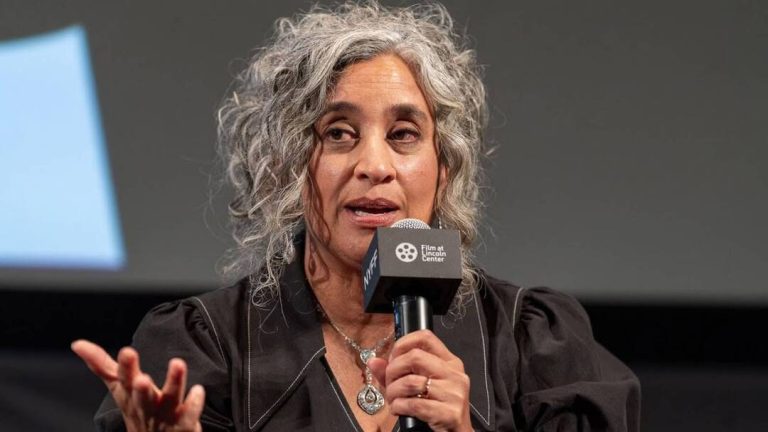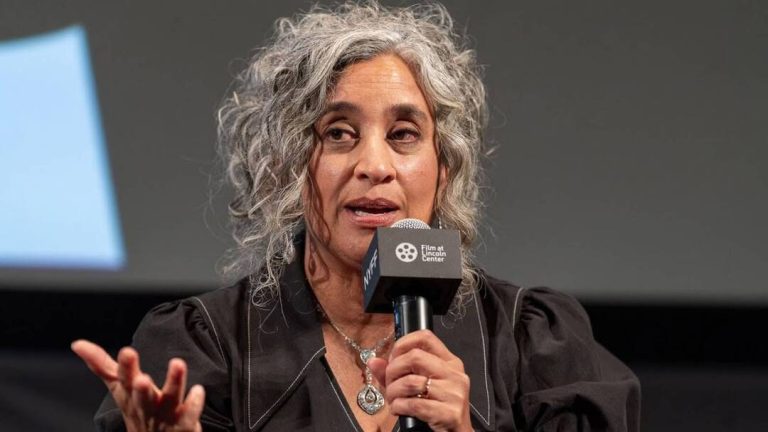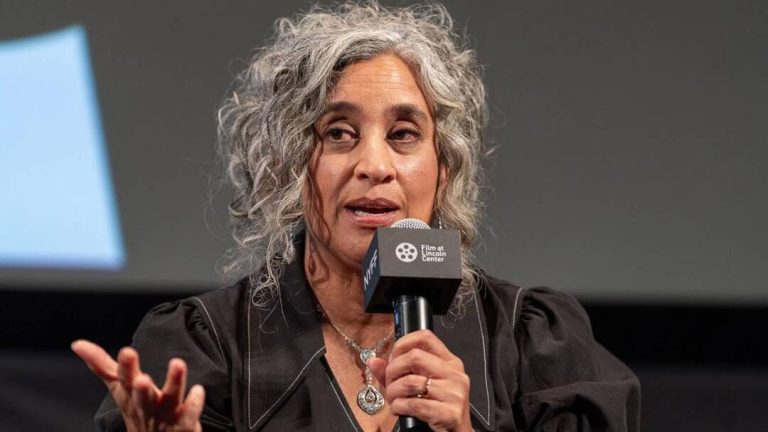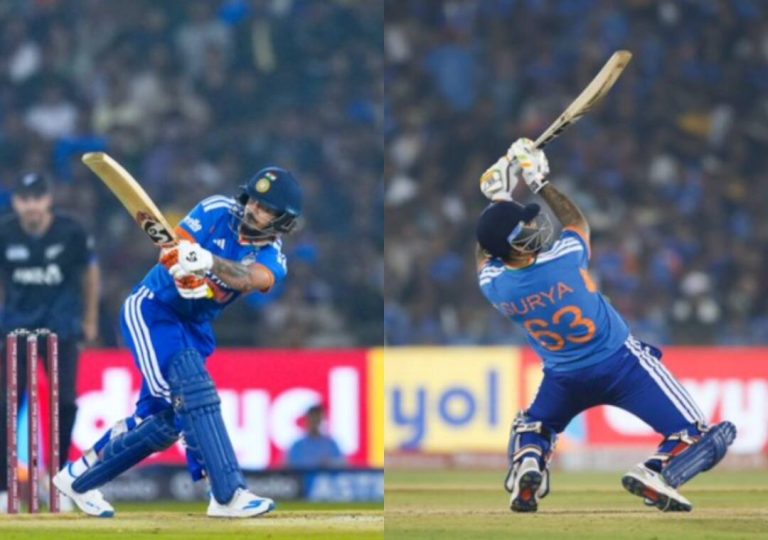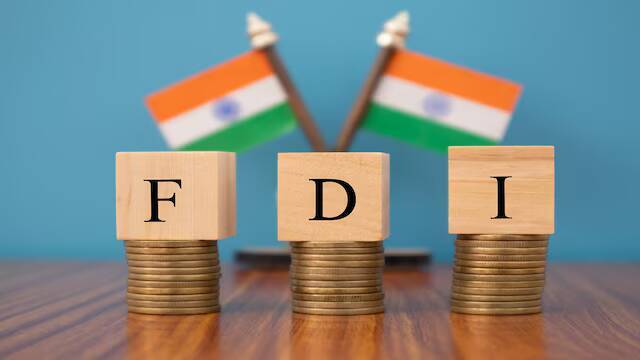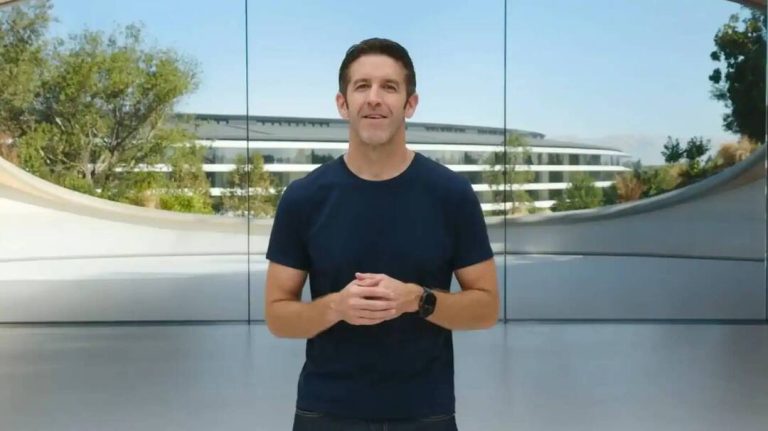
It is getting worse and worse: Kriti Sanon on Delhi pollution
Delhi, the capital city of India, has been grappling with severe air pollution for years, and the situation seems to be deteriorating with each passing day. The city’s air quality has become a major concern for its residents, and celebrities are also speaking out about the issue. Recently, Bollywood actress Kriti Sanon voiced her concern over Delhi’s worsening air pollution, saying it’s getting “worse and worse” compared to what she remembers growing up in the city.
Kriti Sanon, who was born and brought up in Delhi, expressed her worry about the city’s air quality, stating that something needs to be done to stop the pollution; otherwise, it will reach a point where people won’t be able to see each other standing next to them. Her comments come at a time when Delhi’s Air Quality Index (AQI) was in the ‘severe’ category, indicating a serious threat to the health and well-being of the city’s residents.
The actress’s concerns are not unfounded, as Delhi’s air pollution has been a persistent problem for years. The city’s air is filled with toxic pollutants, including particulate matter (PM), nitrogen dioxide (NO2), and ozone (O3), which can cause a range of health problems, from mild respiratory issues to life-threatening diseases like lung cancer and cardiovascular disease. The situation is particularly alarming during the winter months, when the city’s air quality tends to deteriorate due to the influx of polluted air from neighboring states and the burning of crop stubble.
Kriti Sanon’s comments highlight the need for urgent action to address the issue of air pollution in Delhi. The city’s residents, including celebrities like Sanon, are fed up with the government’s inaction and are demanding concrete steps to reduce pollution. The actress’s warning that if something is not done to stop the pollution, it will reach a point where people won’t be able to see each other standing next to them, is a stark reminder of the gravity of the situation.
The Indian government has launched several initiatives to reduce air pollution in Delhi, including the implementation of the Odd-Even scheme, which restricts the movement of private vehicles on alternate days, and the creation of a network of air quality monitoring stations to track pollution levels. However, despite these efforts, the city’s air quality remains a major concern, and more needs to be done to address the issue.
One of the main reasons for Delhi’s poor air quality is the large number of vehicles on the city’s roads. The city has over 10 million registered vehicles, and the number is growing every day. The government has tried to encourage people to use public transport or carpool, but the lack of adequate public transport infrastructure and the convenience of private vehicles have made it difficult to reduce the number of cars on the road.
Another significant contributor to Delhi’s air pollution is the burning of crop stubble in neighboring states. Farmers in states like Punjab and Haryana burn crop residue to clear their fields, which releases large amounts of pollutants into the air. The smoke from these fires travels to Delhi, exacerbating the city’s air pollution problem. The government has tried to persuade farmers to adopt alternative methods of disposing of crop residue, but the practice continues, and the city’s residents suffer the consequences.
Kriti Sanon’s comments on Delhi’s air pollution have sparked a debate about the need for collective action to address the issue. The actress’s warning that if something is not done to stop the pollution, it will reach a point where people won’t be able to see each other standing next to them, is a call to action for the government, citizens, and other stakeholders to work together to reduce pollution.
In conclusion, Kriti Sanon’s concerns about Delhi’s air pollution are valid and highlight the need for urgent action to address the issue. The city’s residents, including celebrities like Sanon, are fed up with the government’s inaction and are demanding concrete steps to reduce pollution. The government must take immediate action to address the issue, including implementing stricter regulations on vehicle emissions, encouraging the use of public transport, and persuading farmers to adopt alternative methods of disposing of crop residue. Collective action is necessary to reduce pollution and improve the air quality in Delhi.
